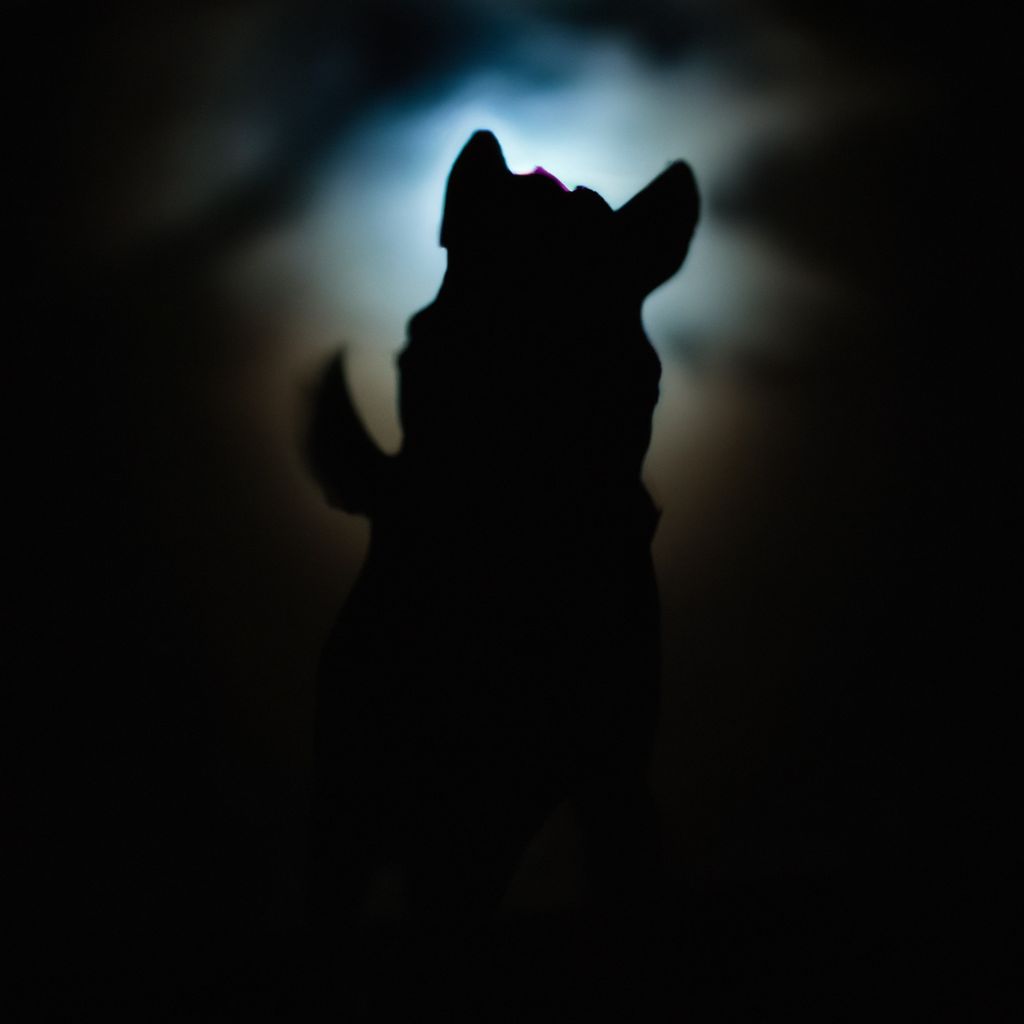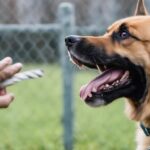Why does my pup get aggressive at night? This query has many pet owners baffled and worried. To address this, understanding the cause of this behavior is key.
Dogs have natural instincts just like us humans. At night, their hearing is heightened. They can detect even the faintest noises. These noises set off protective instincts, leading to defensive aggression.
Additionally, dogs need routine and habit. Any disruption can cause stress and anxiety, causing aggression as a way to take back control.
It may also be fear or phobias. Thunderstorms, fireworks, or strange sounds can all spark fear, and if they feel trapped, aggression may follow.
A study conducted by the University of Pennsylvania found that some breeds are more prone to aggression at night than others. German Shepherds were found to show higher levels of aggression than other breeds.


Common reasons for aggression at night
Aggression in dogs during the night can be caused by a variety of factors. Common reasons include:
- Discomfort or pain due to injury or illness.
- Fear or anxiety.
- Protective instincts.
- Lack of exercise or stimulation.
- Poor socialization.
- Sleep disturbances.
To address this issue, try these tips:
- Talk to a vet.
- Create a safe and comfortable space.
- Stick to a routine.
- Provide mental and physical activities.
- Use positive reinforcement.
- Consult a professional if needed.
By following these steps, you can help your pooch manage nighttime aggression and create a safe environment for both you and them. Let's beat those bedtime blues!
Behavioral solutions to reduce nighttime aggression
Before bedtime, create a calming routine. This could include relaxation exercises like gentle massage or soothing music – it will help your pup to feel chill.
Positive reinforcement training can also be useful. Reward the behavior you want and use redirection techniques. Give them other things to do to keep them away from aggression.
Provide physical and mental stimulation throughout the day. A tired pup is less likely to be aggressive at night. Exercise and mental activities will help them stay calm when it's time for bedtime.
Ask a professional for help if needed. Consistency and patience are the keys here!
Also, get your pup checked by a vet. They'll check if any physical factors are causing the aggression.
Medical factors that may contribute to nighttime aggression
Nighttime aggression in dogs may have medical causes. Pain, like arthritis or dental issues, can get worse at night and lead to aggression. Also, hormone imbalances, like hypothyroidism or Cushing's disease, may lead to behavioral changes – including aggression – especially at night. Neurological disorders, such as epilepsy or brain tumors, can also cause behavioral changes, like increased aggression, during the night.
A Pro Tip for nighttime aggression management is to keep a consistent bedtime routine. Regular feeding and exercise schedules can help reduce stress and anxiety, potentially reducing the likelihood of nighttime aggression episodes.
It's important to consider underlying medical issues when managing nighttime aggression in dogs. By addressing health issues, owners can help their furry friends have a better quality of life and promote a peaceful home.
Conclusion
We've discovered many reasons why dogs may become aggressive at night. To manage this behavior, we must understand their natural instincts, like protection and territoriality. It's important to consider any discomfort or anxiety that could be causing this aggression. Sources could range from physical conditions to environmental factors. Identifying and addressing these stressors can help. Professional help from trainers or vets who specialize in canine behavior is also recommended. Every dog is unique, so they require individualized attention and care.





